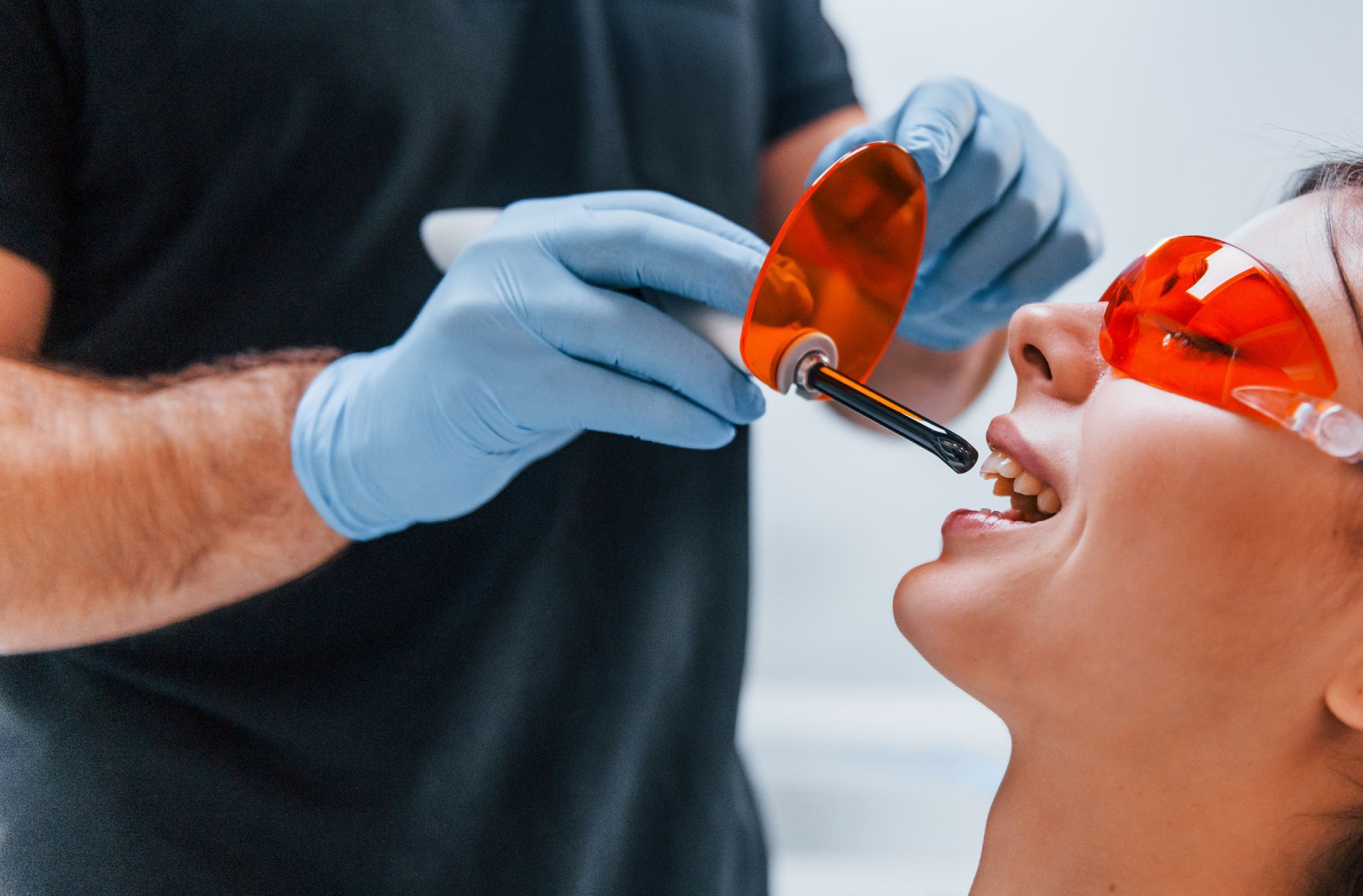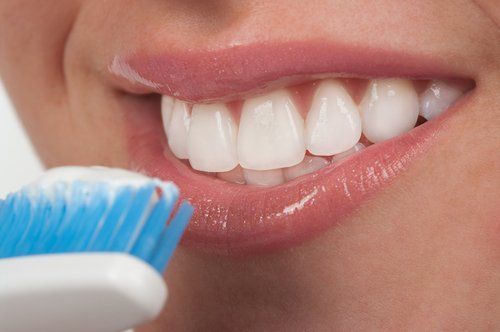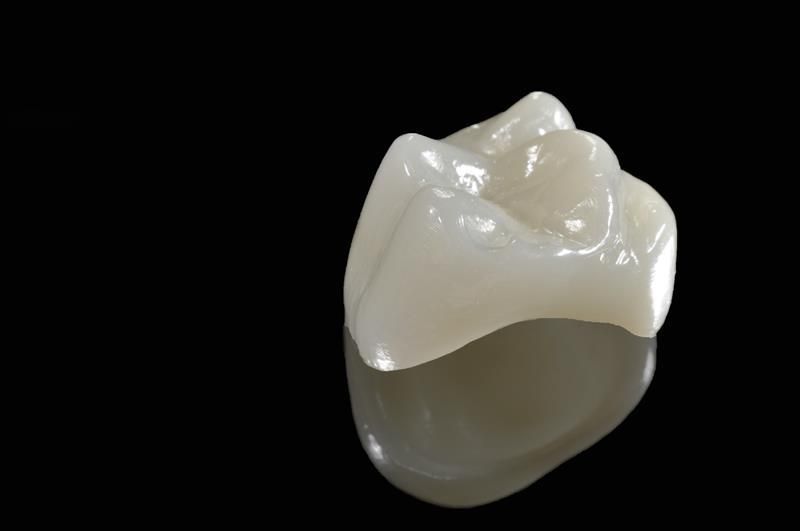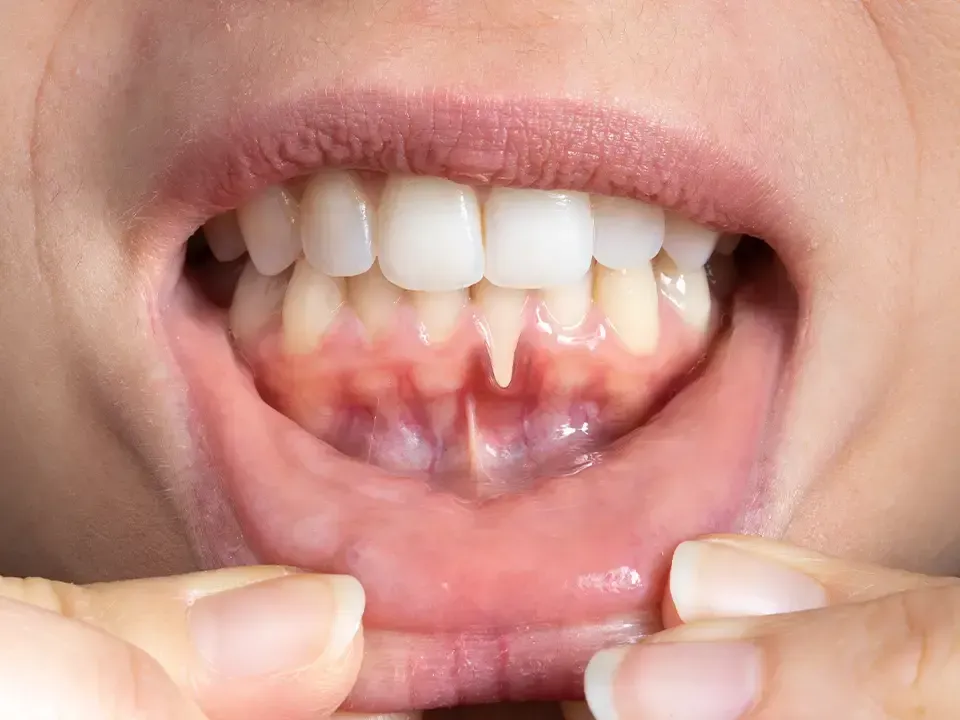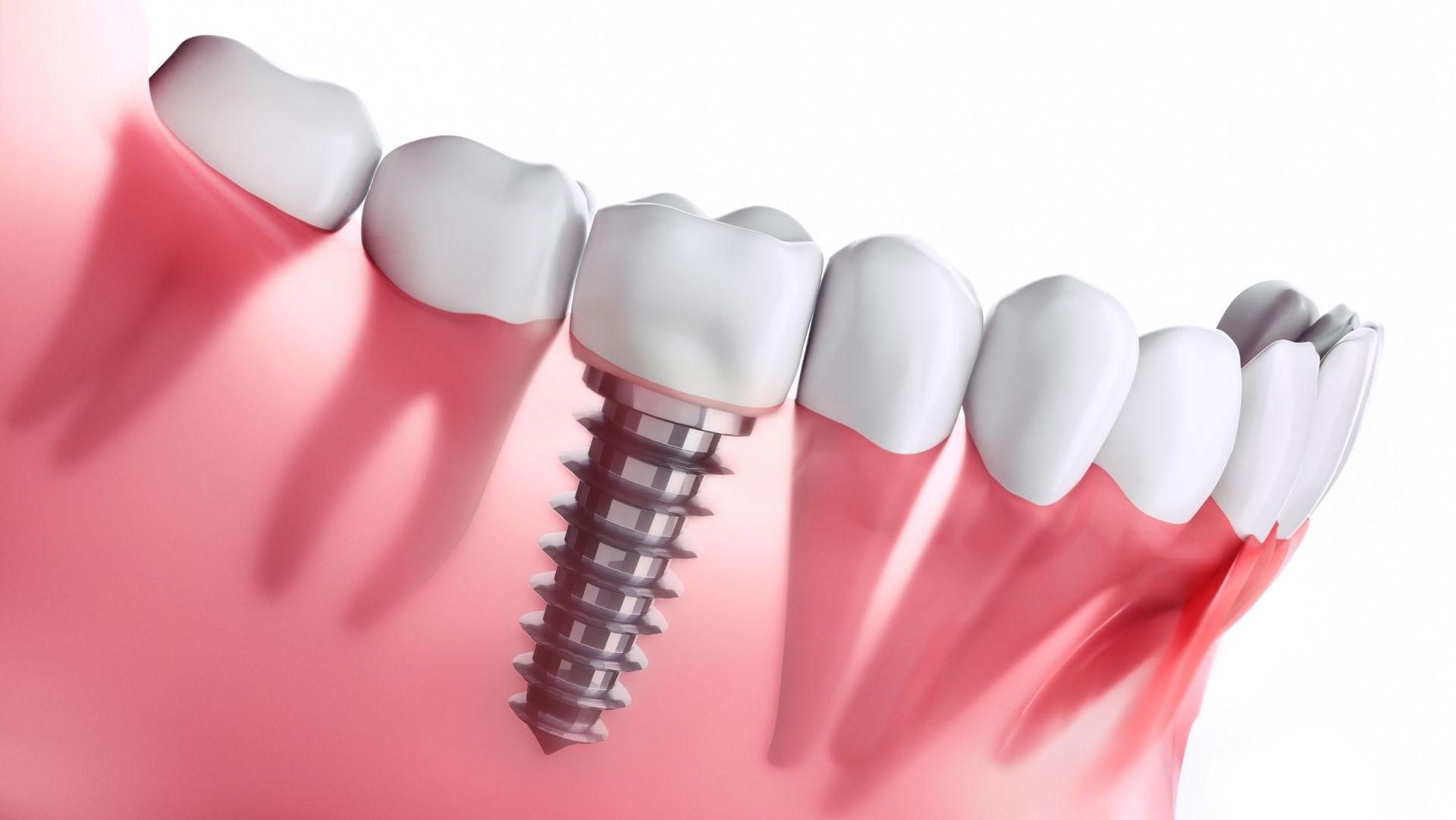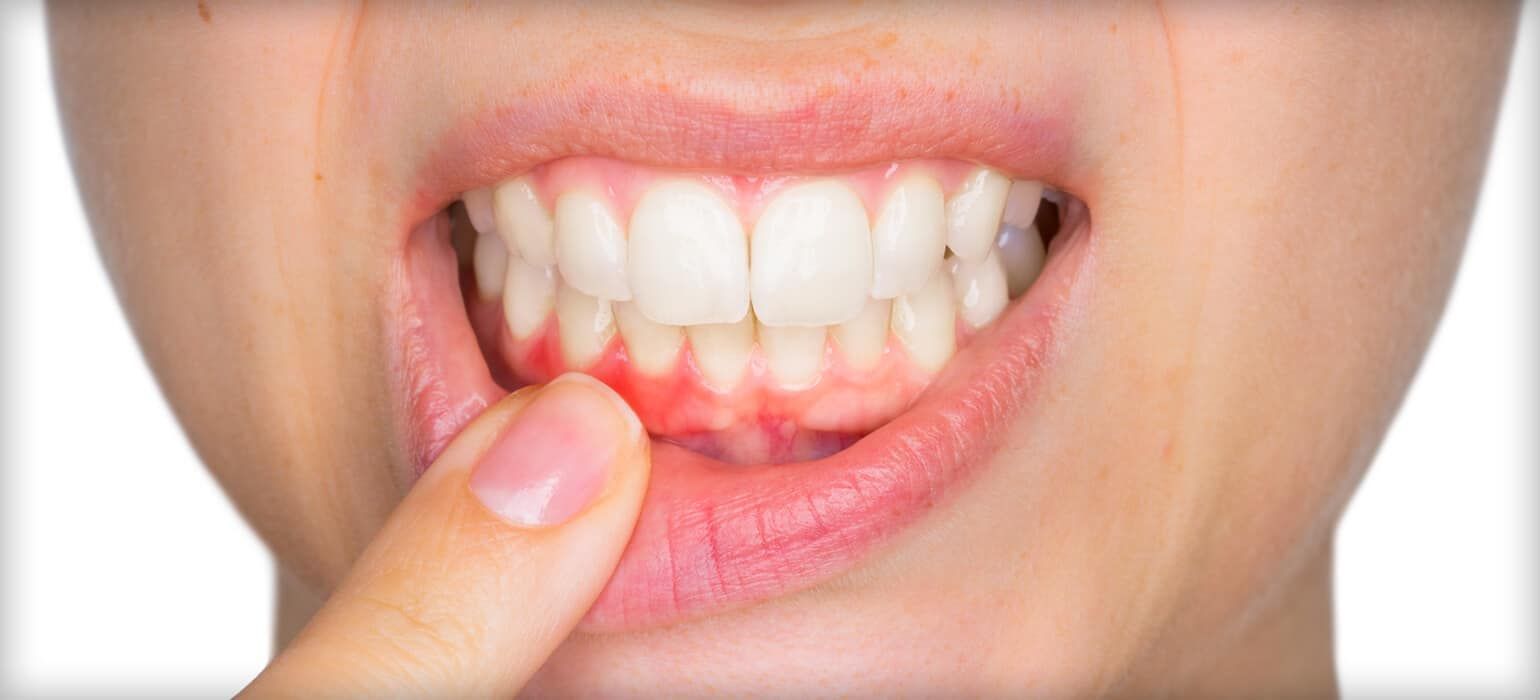What Happens If You Ignore a Cavity?
Cavities Don't Heal Themselves
Best Family Dentistry in Pennsauken, NJ
A cavity might seem small and easy to ignore—especially if it’s not causing pain. But the truth is that putting off treatment for a cavity can lead to much bigger problems.
At Pennsauken Family Dental, we often see patients who delayed care and now require more extensive (and expensive) treatment. Let’s walk through what actually happens when a cavity is left untreated, and why prompt dental care is essential for preserving your smile.
What Is a Cavity?
A cavity is a small hole that forms when tooth enamel is eroded by acids produced by plaque bacteria. These acids eat away at the outer layer of the tooth, and if not treated, continue to burrow deeper.
What starts as a microscopic soft spot can turn into a full-blown infection requiring root canal therapy—or even extraction.
The Stages of Untreated Tooth Decay
- Enamel Breakdown
Early-stage cavities attack the enamel. You may feel no symptoms at this point. If caught early, fluoride treatments or small fillings can stop decay in its tracks. - Dentin Decay
Once the cavity reaches the dentin (the softer layer beneath enamel), sensitivity to hot, cold, or sweet foods can begin. Pain may still be minimal, but the damage is growing. - Pulp Involvement
As decay approaches the nerve center (pulp), toothaches, inflammation, and infection can occur. You may develop an abscess, requiring a root canal or even a tooth extraction. - Tooth Loss and Beyond
If the infection spreads beyond the tooth, you risk damage to your jawbone and surrounding teeth. Eventually, you may need tooth replacement options like dental bridges or implants.
The Hidden Costs of Waiting
Ignoring a cavity can lead to:
- Chronic pain
- Emergency dental visits
- Higher treatment costs
- Potential health risks from infection
- The need for complex restorations or extractions
For example, a simple filling might cost a few hundred dollars. But once decay spreads, you could be looking at a $1,000+ root canal and crown—or more if you need full tooth replacement.
How Cavities Affect Cosmetic and Restorative Dentistry
If you're planning to see a cosmetic dentist in Pennsauken Township NJ for services like veneers, teeth whitening, or crowns, underlying decay must be treated first.
No responsible dentist will place cosmetic restorations over an untreated cavity. Why? Because it compromises the longevity of your results and can accelerate damage to the natural tooth.
Cavities can also impact adjacent teeth, which is particularly concerning when designing dental bridges in Pennsauken Township NJ.
Signs You Shouldn’t Ignore
Even if you’re not in pain, keep an eye out for:
- Tooth sensitivity
- Small dark spots
- Floss catching on a rough tooth surface
- Bad breath or taste
- Visible holes or craters
If you notice any of these, contact your dentist right away.
Preventing Future Cavities
At Pennsauken Family Dental, prevention is our goal. Here’s how you can reduce your risk:
- Brush twice daily with fluoride toothpaste
- Floss every day
- Limit sugary snacks and drinks
- Get professional cleanings every 6 months
- Use sealants or fluoride treatments if recommended
Same-Day Dentistry and Emergency Care
If you're searching for a dentist near me in Pennsauken, and you’re dealing with a painful cavity or sudden dental issue, we offer same-day appointments and emergency dentistry services.
We’re committed to providing fast, gentle care to get you out of pain and back to health.
Final Thoughts
Cavities don’t heal on their own—and ignoring them only leads to more extensive damage. At Pennsauken Family Dental, we make early treatment easy, accessible, and comfortable.
Don’t wait for pain to tell you something’s wrong. Schedule your exam today and let our experienced team help you protect your smile for life.
5015 Westfield Avenue, Pennsauken Township, New Jersey 08110, United States


